Hatching addicts who have come across a rotten egg in their incubators never forget the smell. The odor is distinctive and unmistakable. Rancid does not begin to describe it. Why do incubated eggs go bad? Often, dirty eggs are the culprit. Bacteria from a dirty egg grows inside, turning the contents into a foul liquid, killing any embryo present. Gasses build up and generate pressure that may cause the egg to ooze or explode.
I rescued this egg from one of my fairweather broody hens, who had abandoned her nest after two weeks of sitting. The egg was no longer warm when I found it, which didn’t give me much hope for the embryo’s viability, but I placed it in my incubator hoping for the best a few days ago. Upon inspecting the eggs that had begun to hatch in the bator this morning, I immediately spotted the telltale, maple syrup-looking ooze that strikes fear into the heart of every hatcher. I knew what that innocent, honey-like substance signaled as I had seen it before. A stink bomb in danger of detonation. Must. Act. Quickly.
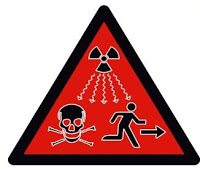
I took the egg out of the bator and placed it in two, zip-top bags and took it OUTSIDE. I’m just not a risk taker and the smell of a rotten egg is so pungent it could very well penetrate the confines of two sealed, plastic bags.
I always insist on knowing what lies within, so of course, I had to perform an eggtopsy (ie: crack that bad-boy open). My weapon of choice for this job is a heavy carving knife. I tap the blunt edge of the knife against the wide end of the egg (where the air sac would be) to crack it, being very careful not to puncture the bag. A nice, ripe egg will explode with balloon-like force and sound.
This egg, while rotten, did not explode. There was a well-advanced, decomposing embryo inside that, if given more time in the incubator, would have deteriorated further into greenish-black, liquified putresence. While I’m not ordinarily one to spare the photographic details of the graphic, I thought better of it this time. (you’re welcome)
When candling eggs, pay attention to any smell inside the bator to catch rotten eggs early. Bad eggs readily identify themselves and should be removed immediately.
Happy hatching!

Kathy Shea Mormino
Affectionately known internationally as The Chicken Chick®, Kathy Shea Mormino shares a fun-loving, informative style to raising backyard chickens. …Read on


shop my SPONSORS
Hatching addicts who have come across a rotten egg in their incubators never forget the smell. The odor is distinctive and unmistakable. Rancid does not begin to describe it. Why do incubated eggs go bad? Often, dirty eggs are the culprit. Bacteria from a dirty egg grows inside, turning the contents into a foul liquid, killing any embryo present. Gasses build up and generate pressure that may cause the egg to ooze or explode.
I rescued this egg from one of my fairweather broody hens, who had abandoned her nest after two weeks of sitting. The egg was no longer warm when I found it, which didn’t give me much hope for the embryo’s viability, but I placed it in my incubator hoping for the best a few days ago. Upon inspecting the eggs that had begun to hatch in the bator this morning, I immediately spotted the telltale, maple syrup-looking ooze that strikes fear into the heart of every hatcher. I knew what that innocent, honey-like substance signaled as I had seen it before. A stink bomb in danger of detonation. Must. Act. Quickly.

I took the egg out of the bator and placed it in two, zip-top bags and took it OUTSIDE. I’m just not a risk taker and the smell of a rotten egg is so pungent it could very well penetrate the confines of two sealed, plastic bags.
I always insist on knowing what lies within, so of course, I had to perform an eggtopsy (ie: crack that bad-boy open). My weapon of choice for this job is a heavy carving knife. I tap the blunt edge of the knife against the wide end of the egg (where the air sac would be) to crack it, being very careful not to puncture the bag. A nice, ripe egg will explode with balloon-like force and sound.
This egg, while rotten, did not explode. There was a well-advanced, decomposing embryo inside that, if given more time in the incubator, would have deteriorated further into greenish-black, liquified putresence. While I’m not ordinarily one to spare the photographic details of the graphic, I thought better of it this time. (you’re welcome)
When candling eggs, pay attention to any smell inside the bator to catch rotten eggs early. Bad eggs readily identify themselves and should be removed immediately.
Happy hatching!





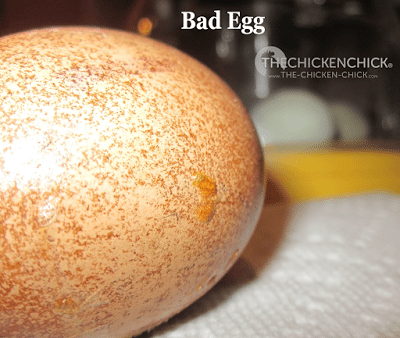
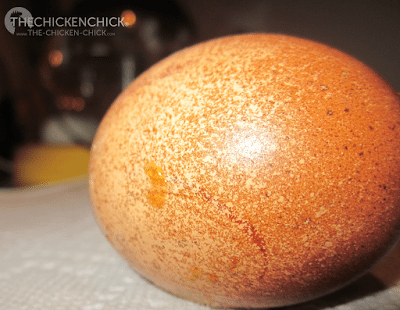









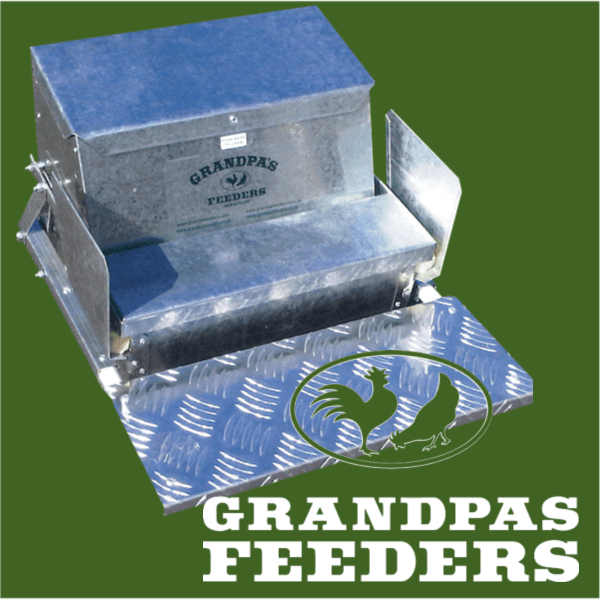









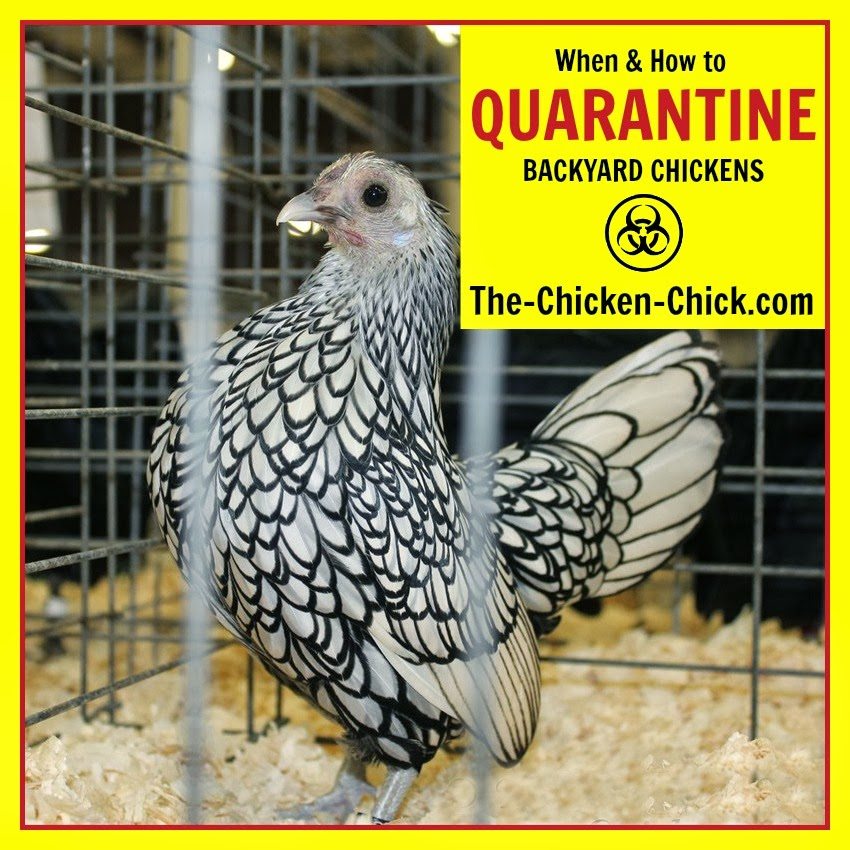













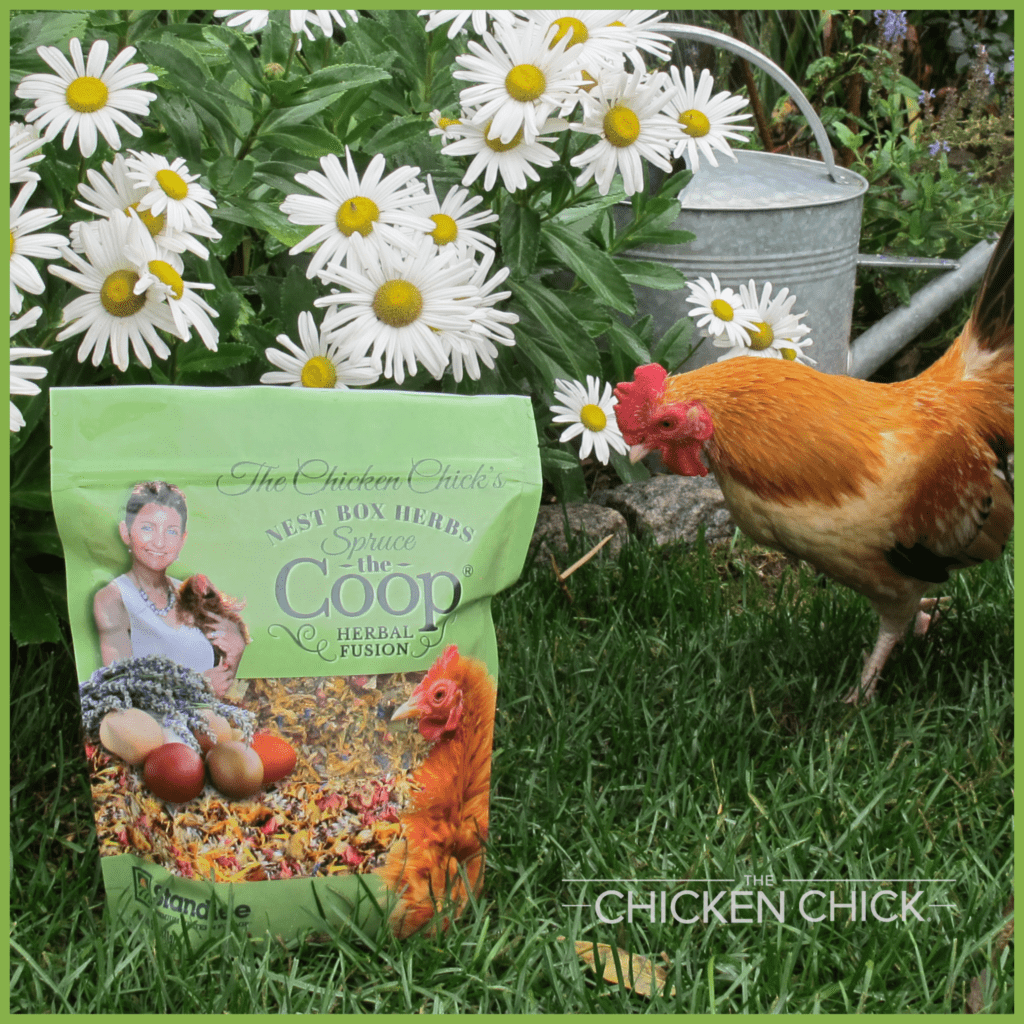

can you hatch twins
Can't see through these green eggs. Anyway of telling of fertility? Would there be a smell if they weren't fertile after a couple of weeks in the incubator?
I have a slight problem…. I have a broody hen that has been sitting on bought fertilized eggs for 19 days. Yesterday I discovered one that was open with blood but the chick was breathing so I left it alone for 6 hours. When I checked on her again she had destroyed the egg and buried the chick under shavings. She also had tossed some eggs out of the nest and was pecking at and moving the other eggs around. I took them from her in fear that she would destroy them all and put them under a heat lamp.… Read more »
Luv your info
I'm new-ish to chickens. I got my first group of six chicks from Tractor Supply last year and half were boys that were given to a new home and I have two of the three girls left (one hen went broody for a good month and dropped a ton of weight and wasn't in good enough shape to survive a surprise cold snap we had). This year I'm trying my hand at incubating. I have 3 olive egger eggs, a dozen welsummer and 18 marans. I'm nervous about being able to adequately tell what eggs are viable and which aren't.… Read more »